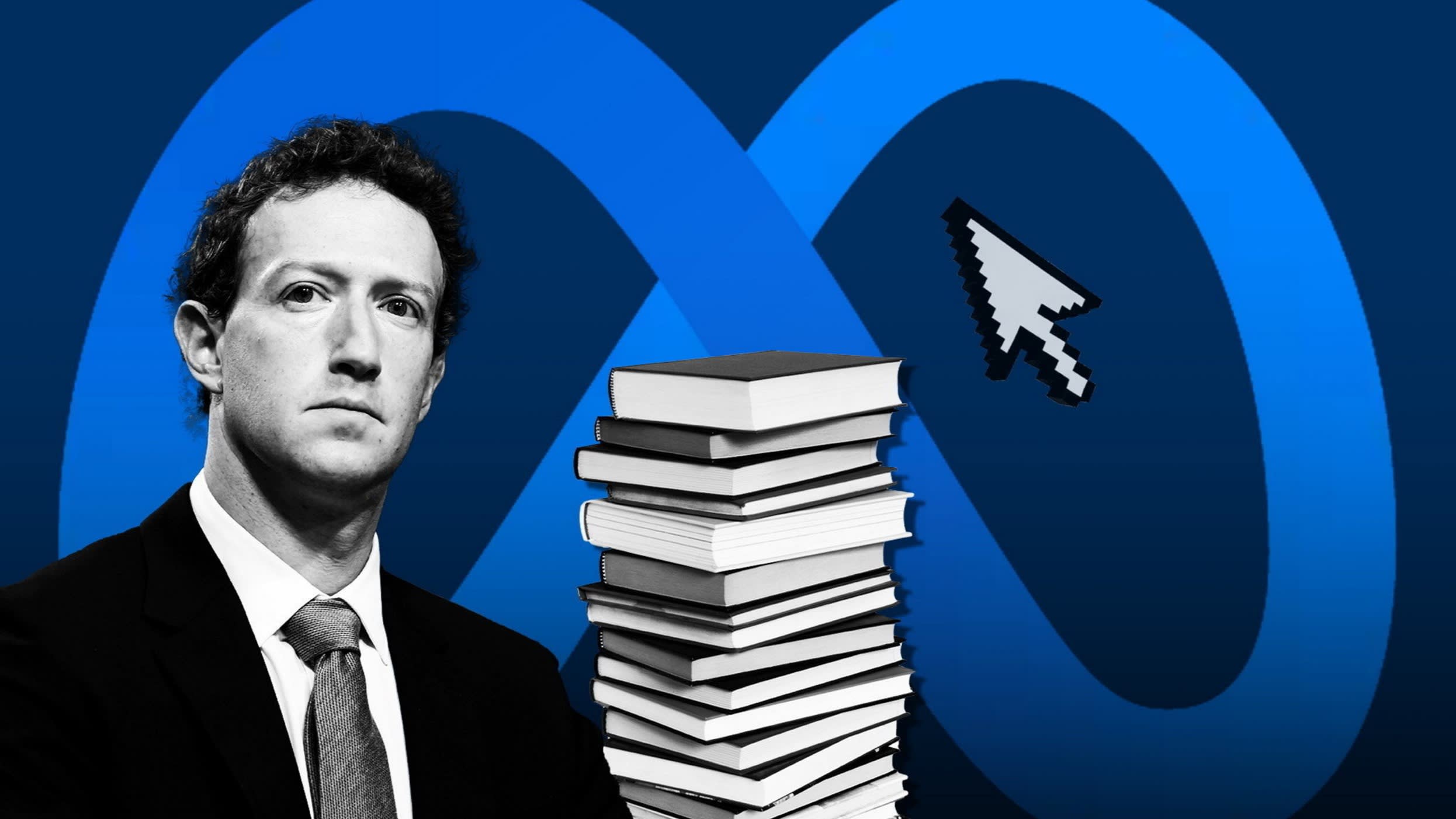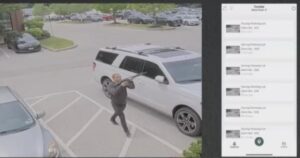Meta’s Lawsuit Marks Initial Major Challenge in AI Copyright Dispute

Meta Lawsuit: A New Chapter in AI Copyright Issues
Introduction to the Meta Lawsuit
In a significant move in the realm of artificial intelligence (AI) and copyright law, Meta Platforms Inc., the parent company of Facebook and Instagram, is facing a lawsuit that raises important questions about the use of AI in content creation. This legal battle has the potential to set a precedent for how AI technologies interact with intellectual property rights.
Background of the Case
The Plaintiffs
The lawsuit has been filed by a group of artists and creators who claim that Meta has improperly utilized their copyrighted works to train AI systems. This includes a wide range of works, such as images, music, and written content. The plaintiffs argue that their creations have been used without permission, leading to significant financial and reputational harm.
The Defendants
Meta has responded to these allegations by asserting that their practices are compliant with current copyright laws. The company argues that the use of copyrighted material falls under fair use, particularly when it comes to training AI models that generate new content. This raises the question of what constitutes fair use in the context of AI development.
Implications of AI on Copyright Law
What is Fair Use?
Fair use is a legal doctrine that allows limited use of copyrighted material without permission from the rights holders. In the U.S., fair use is determined by several factors, including:
- Purpose and Character of Use: Non-commercial, educational, or transformative use may favor fair use.
- Nature of the Copyrighted Work: The use of factual works can be more likely to be deemed fair use than creative works.
- Amount and Substantiality: Using a small portion of the work may favor a finding of fair use.
- Effect on the Market: If the use negatively affects the market for the original work, it may weigh against fair use.
The Challenge of AI Training
Training AI models often requires large datasets, which may include various copyrighted works. This necessity raises difficult questions:
- Can AI-generated content be considered transformative if it is based on the original works?
- How much of an original piece can be used for AI training before it becomes a copyright infringement?
Reactions from the Industry
Artists and Creators
Many artists support the lawsuit, arguing that AI systems trained on their work create a risk of plagiarism and undermine their ability to earn a living. They contend that creators should have more control over how their work is used, particularly in commercial applications of AI.
Tech Companies
Conversely, tech companies like Meta promote their use of AI as innovative and beneficial. They argue that by leveraging existing works, they can enhance AI’s capabilities, leading to advancements that can benefit society. This stance adds complexity to the ongoing debate about the rights of creators versus the drive for technological progress.
Potential Outcomes of the Lawsuit
Legal Precedents
The outcome of this lawsuit could establish important legal precedents regarding:
- How AI can utilize copyrighted material for training purposes.
- The extent to which creators can control the use of their work in the AI landscape.
- The definition and parameters of fair use in the digital age.
Impact on AI Development
Depending on the ruling, the lawsuit could influence the future of AI development. A finding against Meta could prompt companies to invest more in obtaining licenses for content or developing new training methods that do not rely on copyrighted material. On the other hand, a ruling in favor of Meta may embolden tech firms to continue utilizing existing works under the fair use doctrine.
Conclusion
The Meta lawsuit represents a critical moment in the intersection of AI and copyright law. As the case unfolds, it will be closely watched by both creators and technology companies alike, highlighting the ongoing challenges and discussions surrounding intellectual property rights in an increasingly digital world.






